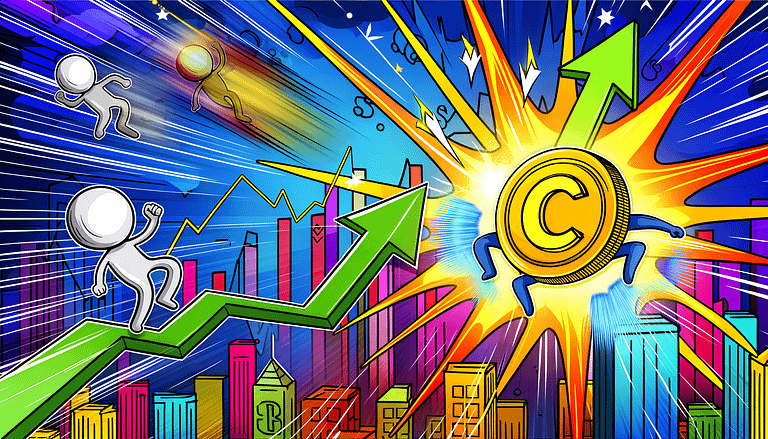Survey Shows Gap in Blockchain Gaming Awareness
In A Nutshell
A recent survey conducted by OnePoll highlights a considerable gap in the awareness of blockchain gaming among adult gamers. Despite the growing popularity of titles like Axie Infinity and Decentraland within the blockchain community, a significant portion of the general gaming audience remains uninitiated. With more than half of the respondents unfamiliar with the concept and a third aware but not engaged, the findings suggest a vast potential market for blockchain gaming expansion.
Understanding the Current Landscape
Blockchain gaming introduces a revolutionary approach to in-game ownership and asset transferability, offering players full control over their digital items through nonfungible tokens (NFTs). Unlike traditional gaming models, blockchain games enable players to truly own, sell, or trade their in-game assets, potentially retaining value even if a game ceases operations. Despite these advantages, the survey reveals that knowledge and participation in blockchain gaming are still in their infancy among mainstream gamers.
The Challenge of Digital Asset Preservation
The issue of losing in-game purchases and content due to game shutdowns resonates with a majority of gamers, with 63% advocating for refunds in such scenarios. This concern underscores the fragile nature of traditional gaming economies and highlights the potential of blockchain to safeguard digital assets. Blockchain gaming not only promises to maintain the value of in-game items but also introduces the prospect of earning real income through gameplay, a concept largely absent in conventional gaming.
Case Study: Axie Infinity’s Economic Impact
Axie Infinity serves as a prime example of the economic opportunities presented by blockchain gaming. In 2021, the platform generated $1.3 billion in revenue, significantly impacting players’ incomes, especially in developing countries. Some players reported earnings of up to $1,300 per month, illustrating the game’s success in creating a sustainable player-driven economy. This case demonstrates the potential of blockchain games to offer more than entertainment, providing tangible financial benefits to its participants.
Our Take
The survey findings suggest a significant untapped market for blockchain gaming, pointing towards an opportunity for developers and studios to broaden their audience base. However, the challenge lies in educating and transitioning traditional gamers to this new model, which not only promises enhanced asset security and ownership but also introduces economic incentives. As the industry evolves, developers must address these awareness gaps and articulate the benefits of blockchain gaming clearly and compellingly. The future of gaming could very well be on the blockchain, offering unprecedented opportunities for players and creators alike.
—
Please note: This article does not cite external sources as per the instructions provided.







